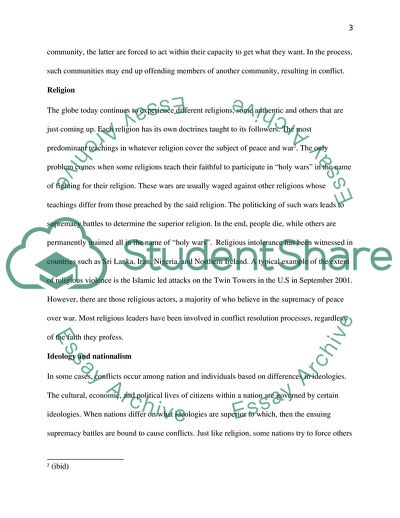Cite this document
(Fostering Peace through International Institutions Essay Example | Topics and Well Written Essays - 1250 words - 3, n.d.)
Fostering Peace through International Institutions Essay Example | Topics and Well Written Essays - 1250 words - 3. https://studentshare.org/sociology/1778806-what-kind-of-international-institutions-we-need-in-21st-century-to-have-peace
Fostering Peace through International Institutions Essay Example | Topics and Well Written Essays - 1250 words - 3. https://studentshare.org/sociology/1778806-what-kind-of-international-institutions-we-need-in-21st-century-to-have-peace
(Fostering Peace through International Institutions Essay Example | Topics and Well Written Essays - 1250 Words - 3)
Fostering Peace through International Institutions Essay Example | Topics and Well Written Essays - 1250 Words - 3. https://studentshare.org/sociology/1778806-what-kind-of-international-institutions-we-need-in-21st-century-to-have-peace.
Fostering Peace through International Institutions Essay Example | Topics and Well Written Essays - 1250 Words - 3. https://studentshare.org/sociology/1778806-what-kind-of-international-institutions-we-need-in-21st-century-to-have-peace.
“Fostering Peace through International Institutions Essay Example | Topics and Well Written Essays - 1250 Words - 3”. https://studentshare.org/sociology/1778806-what-kind-of-international-institutions-we-need-in-21st-century-to-have-peace.


